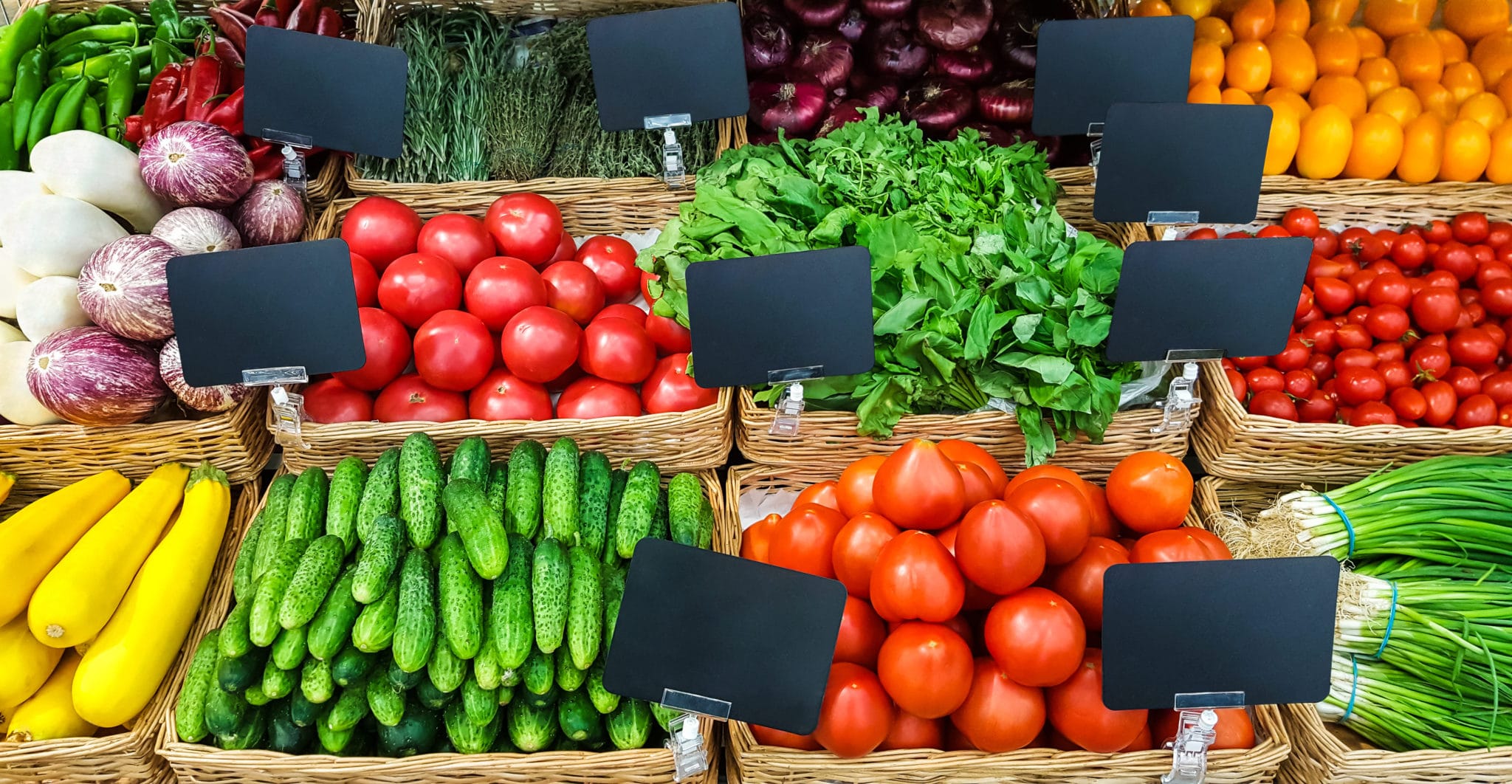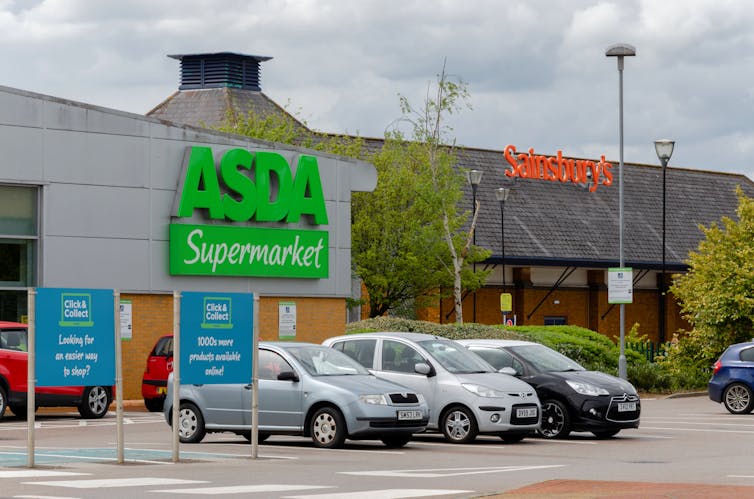Sainsbury’s-Asda merger: failed big bet has serious strategic consequences


Duncan Angwin, Lancaster University
The problem with big bets is that sometimes they don’t pay off. While a lot of attention is often paid to successful mergers and acquisitions (M&A) deals, little attention is paid to the dark side of M&A – what happens to a company’s strategy when a deal fails. The UK competition watchdog’s decision to block Sainsbury and Asda from merging will have big consequences for both supermarkets.
The proposed £10 billion merger was designed to solve a pressing strategic problem in the UK: an increasingly competitive industry where the winners are aggressive discounters (Aldi and Lidl) and, to some extent, the premium niche competitors like Waitrose and M&S. For the giant supermarkets, Sainsbury’s, Tesco, Morrisons, Asda, the recent past has been marked by heroic struggles to achieve some profitability and find growth in a slow market.
With the centre ground under constant performance pressure, Sainsbury’s and Asda’s decision to merge made perfect sense. It might also have provided some protection against current threats presented by new entrant Amazon. Through the merger they would be able to significantly reduce their costs, allowing them, in theory, to pass on price reductions to consumers. But the regulator took the view that the combined group, with around 30% of the market, might wield monopolistic power that could lead to an increase in prices and reduced customer choice.
What next?
Following the regulator’s decision, Sainsbury’s share price fell 7%. But when the merger was originally announced, Sainsbury’s share price soared to 314p. This means that the share price fall to 212p is a 38% reduction. The market is clearly judging the deal a failure. And, as the share price is below Sainsbury’s pre-deal share price of 266p, the market is also judging Sainsbury’s to be in a worse strategic position than it was before merger talks.
The first strategic problem is that Mike Coupe, Sainsbury’s CEO, has spent a lot of time and effort convincing the markets that the merger was the best way forwards for the company. Now this strategy is in ruins, there is a problem that arguing for another strategy will most likely seem second best, so garnering investor support could be difficult.
Big deals need big commitment from CEOs. Unfortunately, Coupe will have suffered reputational damage by failing to achieve the deal, and an unfortunate media slip following news of the merger (he was caught singing “We’re in the money”), now seems like hubris.
Nonetheless, from a strategic point of view, Sainsbury’s could look for other M&A deal opportunities in the supermarket sector, using the same logic of efficiency gains and market power benefits. The main problem though is that there are no large targets available. And, even if they might become available in some shape or form, Sainsbury’s would most likely run into regulatory constraints again and also face significant restructuring costs.
Sainsbury’s could make small acquisitions, but due to its size, these deals would make next to no difference to the group’s overall performance. Even if the small acquisitions are innovative players, it would still take a long time before they really could make a significant impression.
Another strategic option is to grow overseas through a major cross-border M&A. But the supermarkets have generally had rather poor experiences with international expansion, with many destroying value. Other alliances might help reduce the basic problem of reducing costs, but it is difficult to see how they can consistently close the gap with discounters. It might also consider buying outside of the industry as a defensive hedge to change, but this is risky territory indeed.
Sainsbury’s big size means it needs to do something bold. But, having had its deal rejected, there is a risk that it will revert to incrementalism. This may be too little too late and would not really address the pressures of a squeezed supply chain, consumers requiring even lower prices and major new entrants forcing the pace of change. Plus, there’s also a risk that Asda might be acquired by another competitor (it is owned by Walmart so its future will depend on the US giant’s plans). This would further weaken Sainsbury’s strategic position.
While there are always opportunities for further cost reductions, Sainsbury is already well run so these gains will be marginal, hard to achieve and, if pursued too aggressively, run the risk of changing the nature of the business as it is. Rather than being whittled away by a thousand cuts, Sainsbury’s may alternatively look to transform itself rather than trying to preserve its current way of competing.
The industry as a whole fears Amazon taking over. Just the announcement of Amazon entering the industry, when it bought Whole Foods in 2017, caused share prices to fall. Maybe in the face of the revolution in digital strategy, where the largest operators in traditional industries such as accommodation (Airbnb), taxis (Uber), retail (Amazon), don’t own large amounts of assets, Sainsbury’s should rethink the supermarket business. Perhaps its largest assets – the megastores and car parks – are also its biggest source of rigidity. Responding more rapidly to a changing environment and staying in tune with changing customer demands may require a different sort of business model.
Duncan Angwin, Sir Roland Smith Professor in Strategic Management, Lancaster University
This article is republished from The Conversation under a Creative Commons license.





